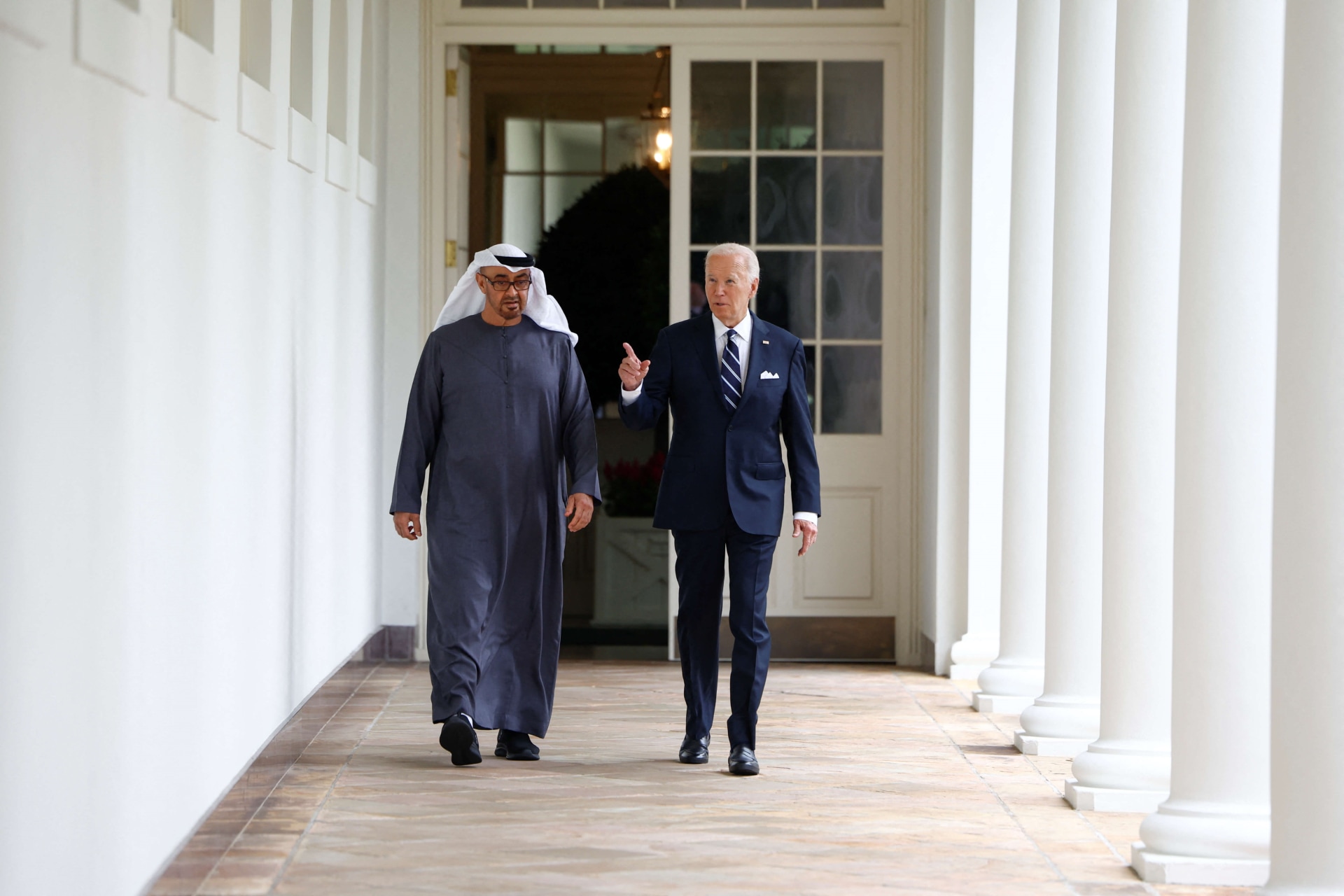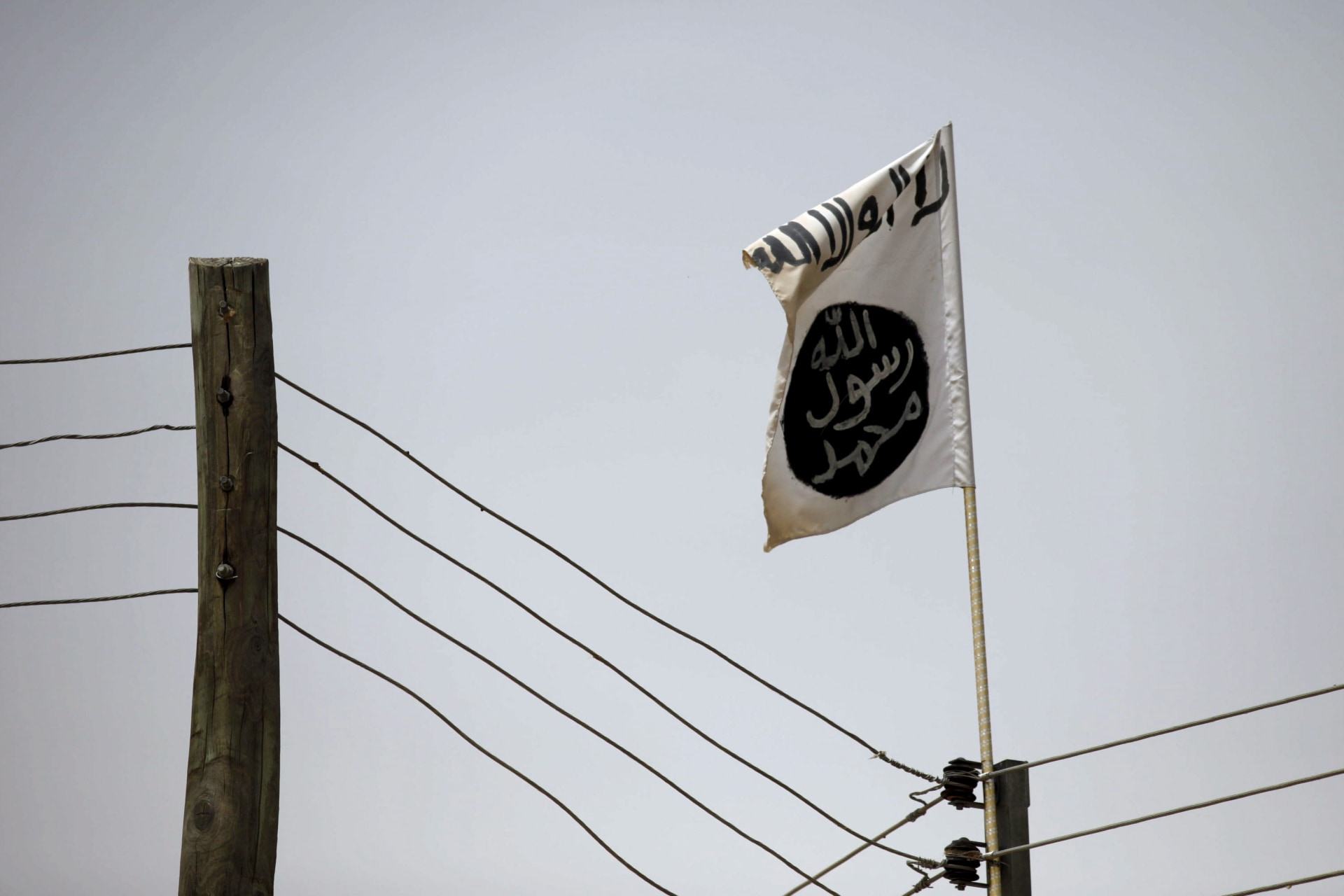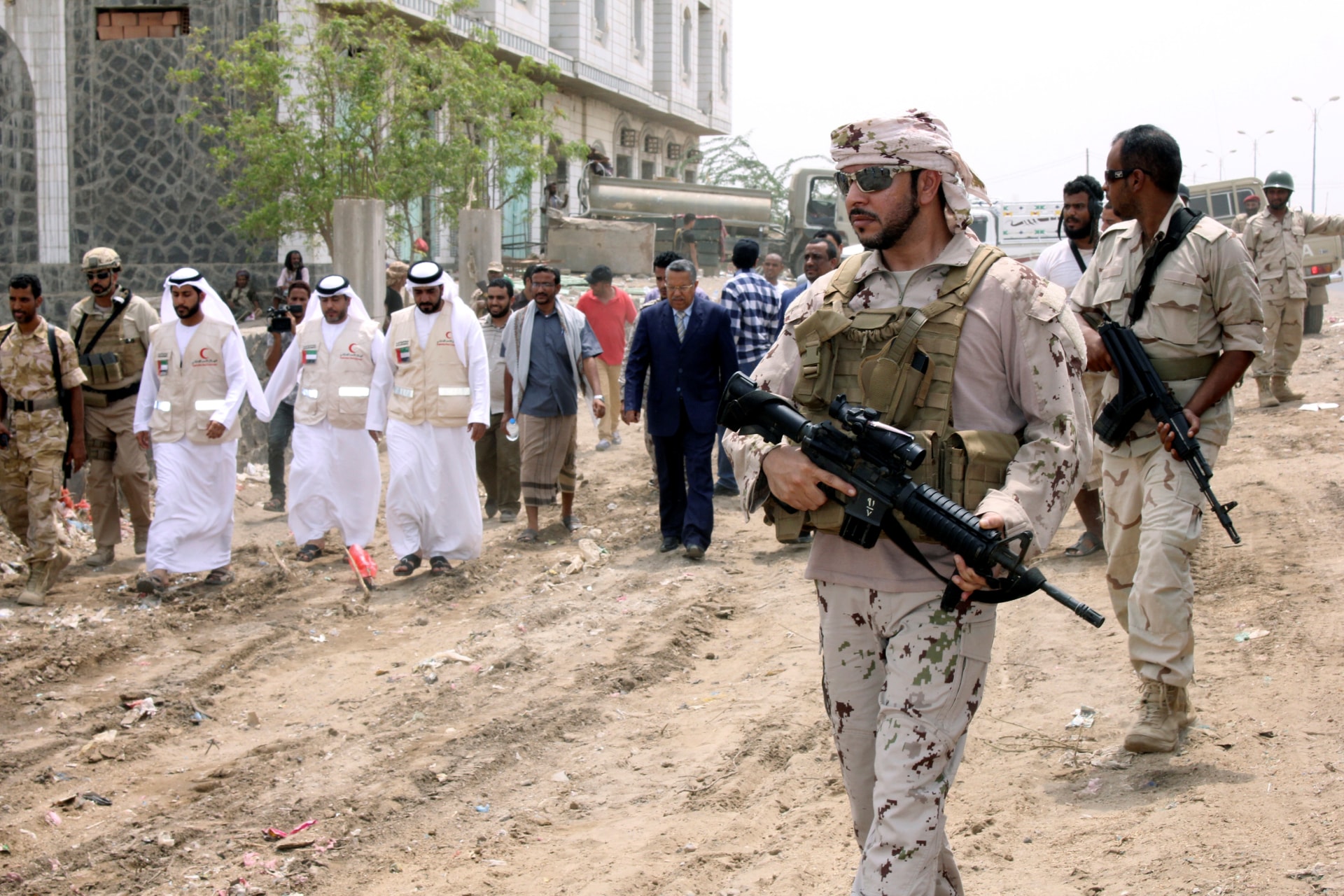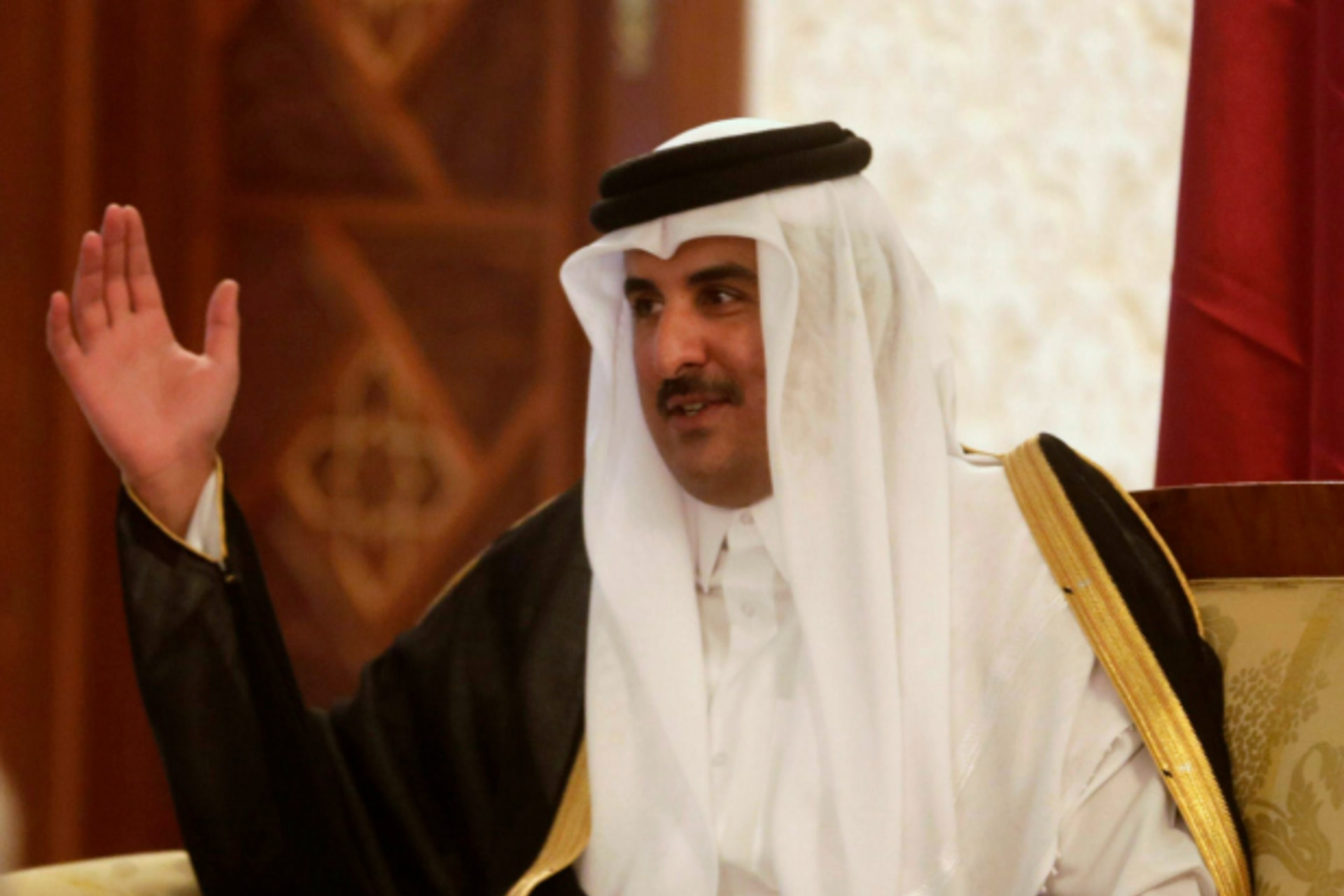United Arab Emirates
Archive
29 results
![]() By Michelle Gavin
By Michelle Gavin![]() By Steven A. Cook
By Steven A. Cook- By Steven A. Cook
- By Claire Klobucista
![]() By John Campbell
By John Campbell- By Steven A. Cook
![]() By Henri J. Barkey
By Henri J. Barkey- By Ray Takeyh
- By Steven A. Cook
![]() By Steven A. Cook
By Steven A. Cook![]() By Claire Klobucista and Zachary Laub
By Claire Klobucista and Zachary Laub![]() By Zachary Laub and Neil Partrick
By Zachary Laub and Neil Partrick- By Elliott Abrams
- By Elliott Abrams
![]() By Steven A. Cook
By Steven A. Cook![]() By Guest Blogger for Steven A. Cook
By Guest Blogger for Steven A. Cook- By Elliott Abrams
- By Elliott Abrams














